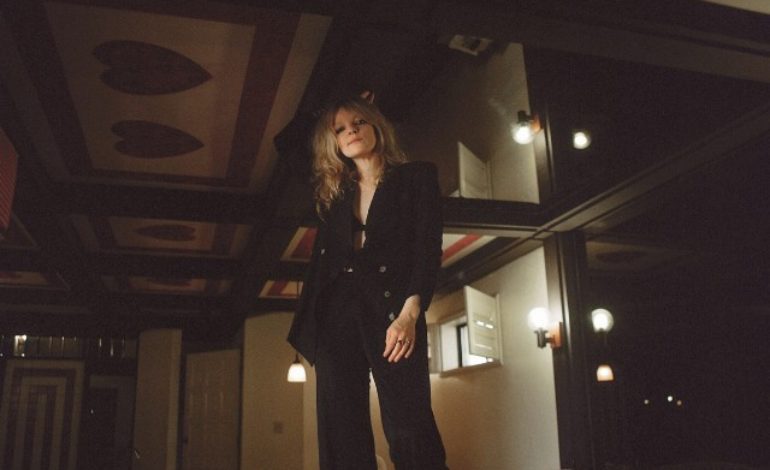

In a place out of time
After four long years, LA-based singer/songwriter Jessica Pratt has returned with her third full-length album, Quiet Sounds, and it was more than worth the wait. This album is a markedly different animal than her previous offerings; whereas her last album, On Your Own Love Again, was ripe with fingerpicking, the guitars on Quiet Sounds have been stripped down to merely chords, save for the occasional arpeggio. According to Pratt, the writing of this album began after a chance encounter with multi-instrumentalist Matt McDermott. This accounts for the inclusion of a handful of instruments generally unfamiliar to her music: a piano, an organ, strings and some woodwinds. While this might not seem like a drastic change, compared to the instrumental sparseness of her last two offerings, she may as well have drafted an entire orchestra.
For the recording process of Quiet Sounds, Pratt left behind her beloved town of San Francisco and headed to New York City, where she set up shop in Gary’s Electric Studio in Brooklyn. Fans who might have been apprehensive about this change of scenery and recording method, possibly worried that it might have resulted in an over-produced and inauthentic aesthetic, will be happy to find that she has not only retained the earnest tenderness that made her past albums so endearing, but even refined it.
Continuing in the tradition of prolific folk artists, Pratt’s voice is a unique instrument unto itself. Evoking the essence of Nick Drake’s Pink Moon, she barely breaks the threshold of a whisper, yet manages to carry more power than a scream. Lyrically, she offers no profound social or personal observations, but instead, she has created a collage of psychedelic sentiments pieced together from entries in her dream journal. Sonics aside, there is a subtle shift in mood from her previous endeavors. Whereas her last two albums were a largely private and isolated affair, she has given a bit more room to other voices on Quiet Sounds. This is possibly the result of the collaborative process with producer Al Carlson and McDermott.
The opening track of the album, appropriately named “Opening Night” (named after the John Cassavetes film), starts things off with some gentle Satie-esque chords, upon which dance sparse and delicate piano notes. Gradually, these chords take the shape of gently-strummed nylon strings on the follow-up track, “As the World Turns.” Despite the nearly indecipherable lyrics, her angelic voice has the preternatural ability to captivate the listener completely with its timbre alone.
Pratt has stated that track three, “Here My Love,” is her favorite song on the album, and it’s not hard to see why. There is so much emotional complexity conveyed in the compositional simplicity here. As the song reaches its conclusion, Pratt’s vocals are joined by a flute and together they swoop and soar over the canvas of chord changes. The song “Poly Blue” elicits visions of a South American coastline, with its Bossa rhythms and bird-like flute phrases. Markedly more upbeat than the previous tracks, it serves as the perfect palette cleanser.
“This Time Around,” another highlight, is a melancholy affair. Pratt’s voice and guitar are occasionally joined by the swelling of strings, which begin to fade right before they reach the point of imposing. And track eight, “Silent Song,” is the aural embodiment of a beam of moonlight through a dusty window. It’s not plodding by any means, but listening to it brings about the very real sense of time passing.
The closing track, “Aeroplane,” may be the most compelling track on the album. Pratt places one foot firmly into the realm of psychedelia, channeling her inner Nico to conjure up visions of a smoke-filled tavern adorned with trippy tapestries on every wall. It’s not much of a stretch of the imagination to picture this being played at The Factory among the likes of her musical heroes.
Folk music may hold the distinction of being the most over-saturated genre in the Western world. All one needs is a poorly intonated acoustic guitar, a book of chord shapes, a pocketful of thumb picks, and away they go. In a genre brimming with Sufjan and Newsom sound-alikes, it’s a breath of fresh air when an artist is able to rise above the din and present us with a truly unique vision. With Quiet Sounds, Jessica Pratt has given us a reason to breathe.
